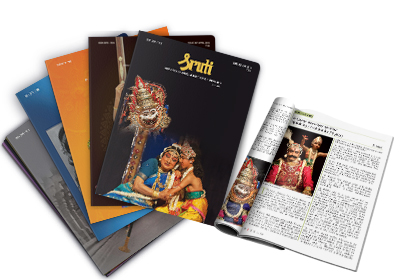
One of the most renowned actors in Bengali cinema, Sabitri Chatterjee is popular for her elegance and versatility. Born in 1937 in Kamalpur in Comilla district of modern Bangladesh, she was the youngest of ten daughters. At the age of ten, she witnessed the carnage of Partition and took refuge at her elder sister’s home in Kolkata. Tollygunge, where her sister stayed, was coincidentally the centre of the fast-emerging Bengali film industry. Even as the family struggled through financial penury, young Sabitri had the chance to observe film stars at close quarters and was deeply influenced by the superstar of those times – Kanan Devi.
Soon, she became part of a theatre group – Uttar Sarathi – and first featured in Natun Yahudi, a play based on the lives of refugees from East Pakistan, directed by Kanu Bannerjee. Since her school days she had been working as a junior artiste, and eventually she bagged the female lead role in Sudhir Mukherjee’s Pasher Bari (1952). The commercial success of the film furthered her career in cinema with a number of meaningful roles like Lalana in Subhada (1952), directed by Niren Lahiri and she starred opposite Uttam Kumar in the family drama Basu Parivar directed by Nirmal Dey. The star pair gave a number of hits together like Lakh Taka (1953), Sharey Chuattar (1953), Kalyani (1954), Anupama (1954), Raikamal (1955), Nabojanma (1956), Punar Milan (1957), Marutirtha Hinglaj (1959), Raja-Saja (1960), Dui Bhai (1961), Bhranti Bilas (1963), Momer Alo (1964) and Nishipadma (1970).
Sabitri Chatterjee was also a revered performer in the theatre world. One of her most memorable roles was as the maidservant Padma in Adarsha Hindu Hotel – a play that had a run of more than 500 shows at the Rangmahal Theatre Hall. She performed as the deaf-mute Shyamoli in the play staged at the famous Star Theatre.
Sabitri Chatterjee continues to enthral audiences with her acting in films and TV serials. She received the Padma Shri in 2014.


